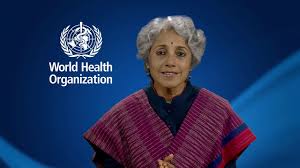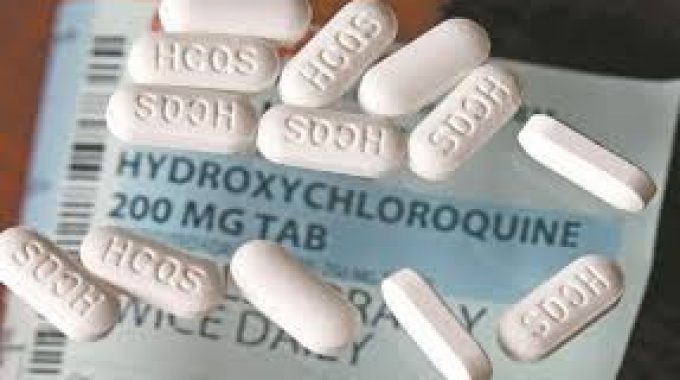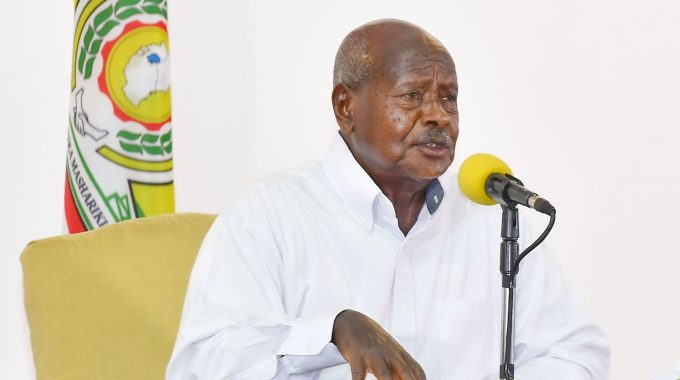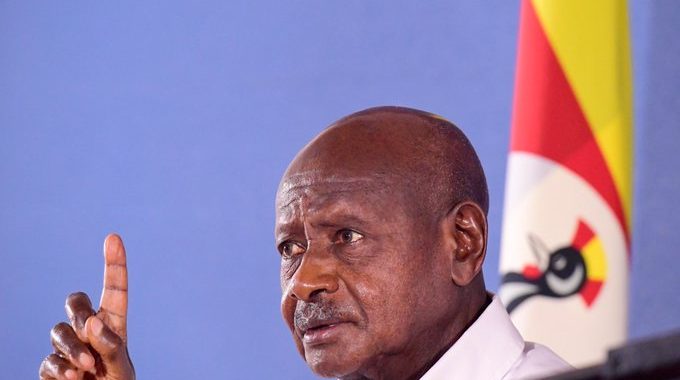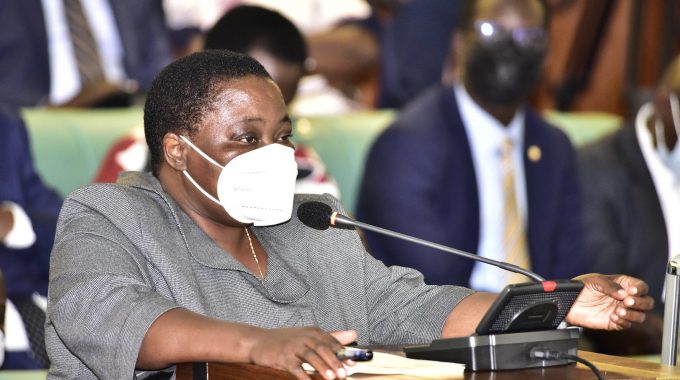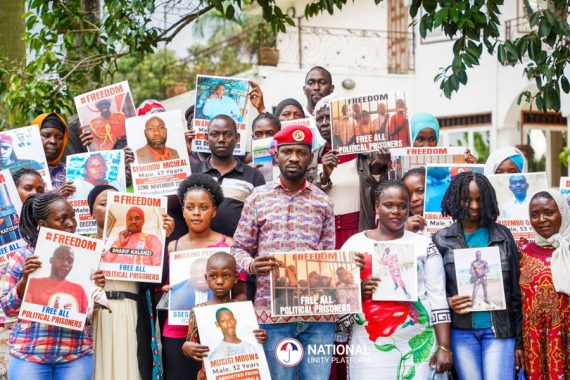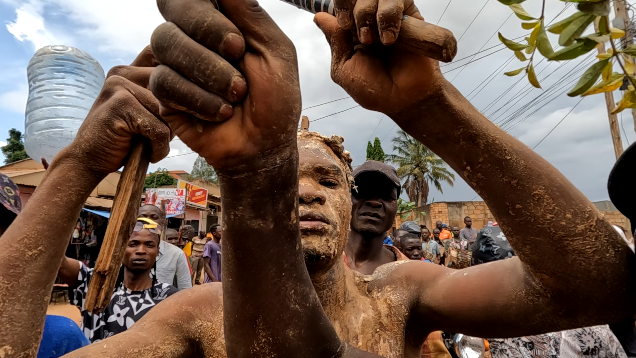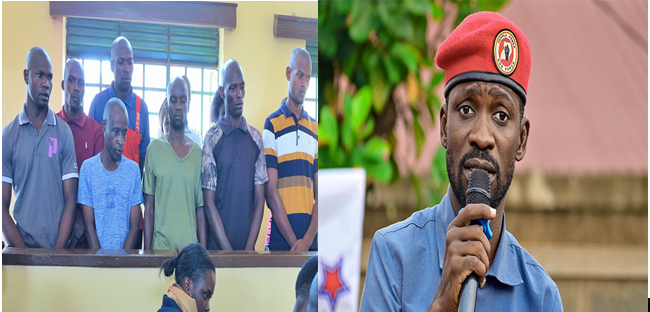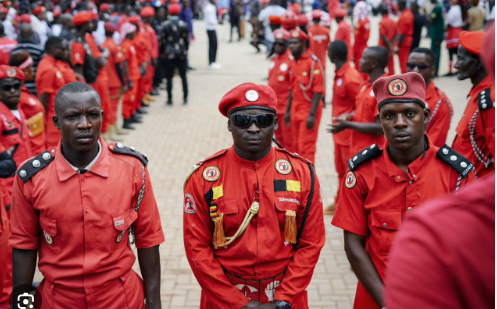The World Health Organization -WHO has announced a temporary pause on the inclusion of an anti-malarial drug Hydroxychloroquine in a global study on potential treatments for the disease.
WHO director-general Tedros Adhanom Ghebreyesus said in a news conference that an executive team overseeing the organization’s Solidarity trial of experimental treatments decided on Saturday to suspend the use hydroxychloroquine after a study proved the drug ineffective.
An observational study published in The Lancet found a lower survival rate among hospitalized COVID-19 patients using the drug.
Hydroxychloroquine was one of four drugs and drug combinations included in the Solidarity trial, which has enrolled more than 3,500 patients in 17 countries including Uganda.
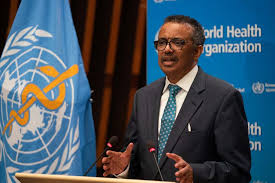
Dr. Diana Atwine the permanent Secretary Ministry of Health was quoted as saying hydroxychloroquine presented good results in patients that have used it in the country.
But according to the authors of the largest study on the drugs, published last week, it was discovered that patients who used Hydroxychloroquine alone or in a combination of an antibiotic had higher mortality rates and heart problems than those who were not.
Dr. Soumya Swaminathan, WHO’s chief scientist says hydroxychloroquine would be a good fit if it is safe, efficacious, reduces mortality, and length of hospitalization, without increasing the adverse events.
